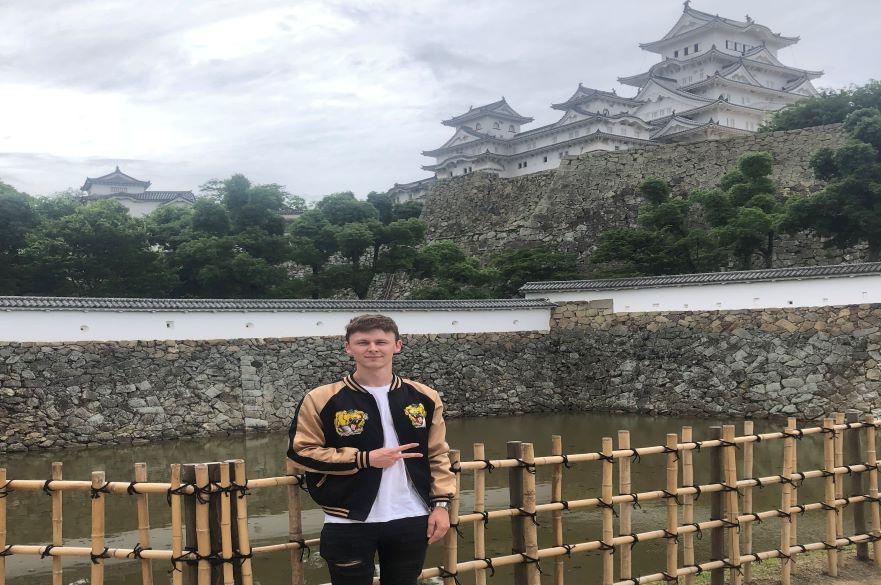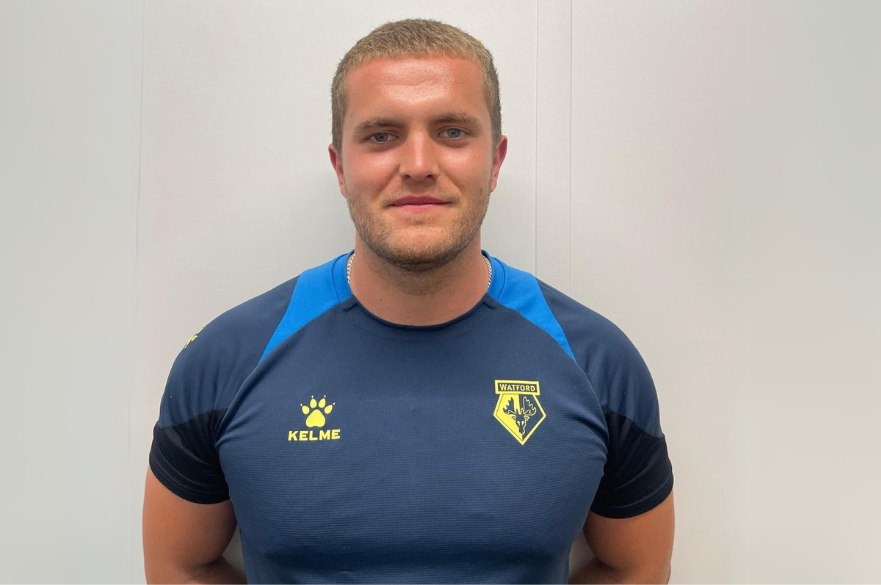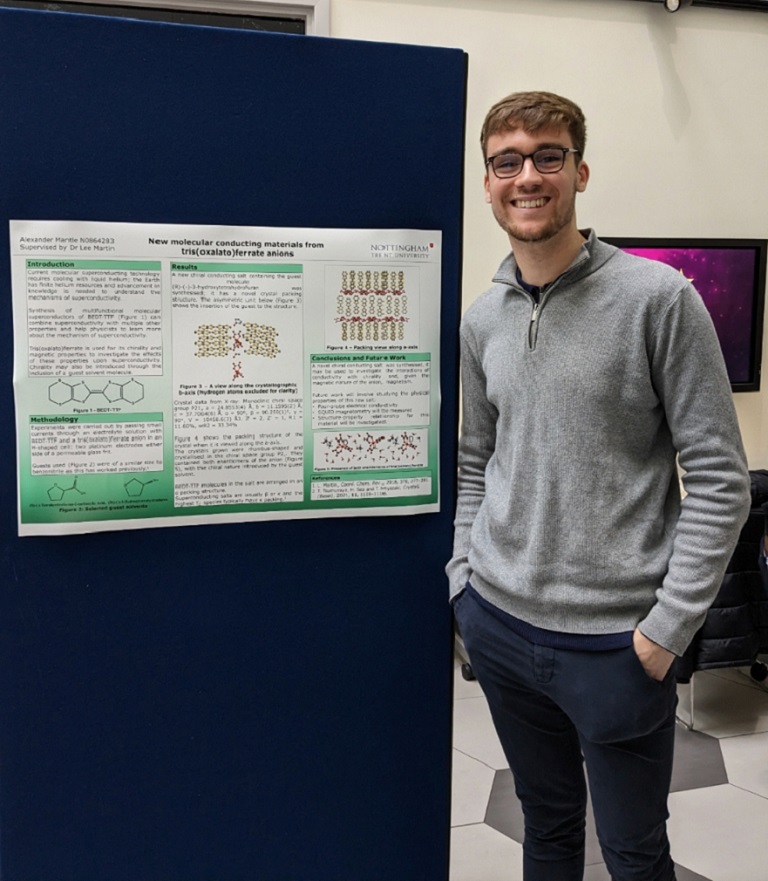
I was given the opportunity to travel to Japan to carry out further work as part of my research project owing to the international collaboration between Dr Lee Martin and multiple research groups based at Japanese Universities.
More about Michael
About studying at NTU...
How did your International Exchange happen?
In the final year of my Bachelor’s degree, I was given the opportunity to travel to Japan to carry out further work as part of my research project owing to the international collaboration between Dr Lee Martin and multiple research groups based at Japanese Universities. Thanks to NTU global, I was able to win a scholarship which covered the cost of my travel to and from Japan.
What did your Exchange Project consist of?
The basis of my project at NTU consisted of synthesising multi-functional inorganic-organic crystal structures with the intention of being superconducting. However, measuring superconductivity requires extremely rare specialist equipment. This is where the exchange project came in. The collaborative relationship between Dr Lee Martin’s research group and those in Japan gave the opportunity to access this specialist equipment to carry out resistivity readings on my crystal structures. To prepare the crystal for measurement, it had to be connected to 4 wires and mounted onto a small plate under a microscope. The resistivity of the crystal could then be measured using SQUID (superconducting quantum interference device), a device which can measure resistivity down to 0.8 Kelvin.
How did you find living in Japan?
During my time in Japan, I worked in a university lab with many Japanese undergraduate and postgraduate students. In the short amount of time I knew the students, we became very close. The students were very friendly, we enjoyed sharing cultural differences and learning about university life in each other’s countries. With the students, I ate at many traditional Japanese restaurants, and we even visited a nearby castle together.
What was the best part of doing your research project in Japan?
For me, the best part of doing my research in Japan was being able to use my Japanese language skills which I had learnt while taking Japanese classes at NTU. After only using Japanese in a classroom for 3 years, being able to talk with the Japanese students and learn about each other’s cultures felt very rewarding. I think being able to communicate in Japanese made the trip much more enjoyable, as talking with local people in their language was a great experience and it allowed me to properly appreciate Japanese culture.
What was the hardest part?
For me the hardest part was handling the weather. At that time of the year, it was incredibly hot, with temperatures well over 30 degrees, and heavy sudden downpours being common. However, after a while I could adjust to the weather and I started to like this climate.
What has been your highlight of your time at NTU?
During my time at NTU, I had so many great moments and was able to seize opportunities I never thought I could. Being able to independently work on a novel research area on a day-to-day basis was incredibly interesting. Ultimately this led to the highlights of my time at NTU, being able to go on an international research project and then getting my research published in the prestigious journal Chemical Communications.
Still need help?
-

STUDENT PROFILE
Aaron Rath
Sport and Exercise ScienceUnited Kingdom
https://www.ntu.ac.uk/study-and-courses/courses/our-students-stories/science-technology/aaron-rath
-

STUDENT PROFILE
Alessandro Barcherini
Sport Science and ManagementUnited Kingdom
https://www.ntu.ac.uk/study-and-courses/courses/our-students-stories/science-technology/alessandro-barcherini
-

STUDENT PROFILE
Alex Mantle
BSc ChemistryUnited Kingdom
https://www.ntu.ac.uk/study-and-courses/courses/our-students-stories/clearing/alex-mantle